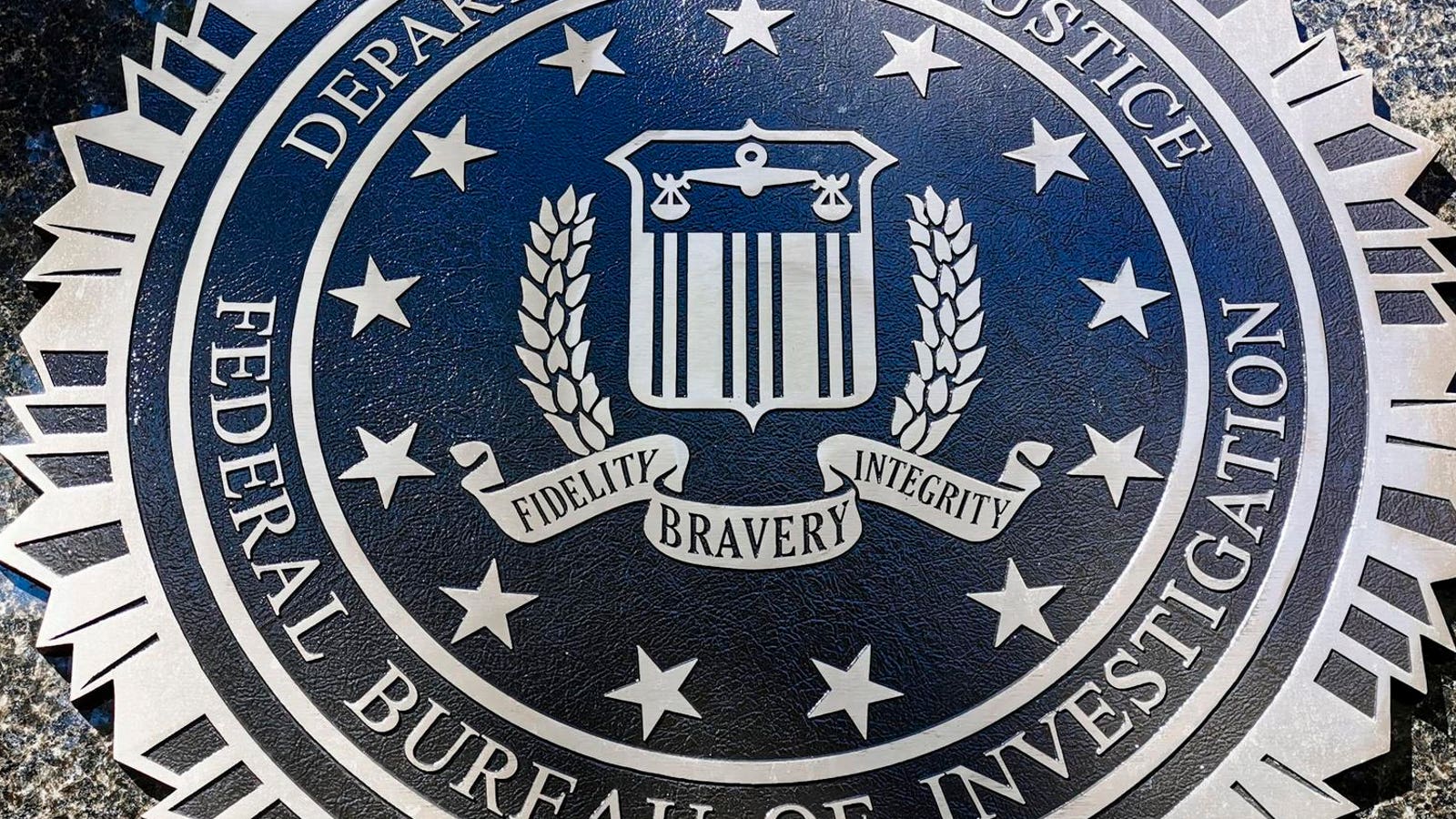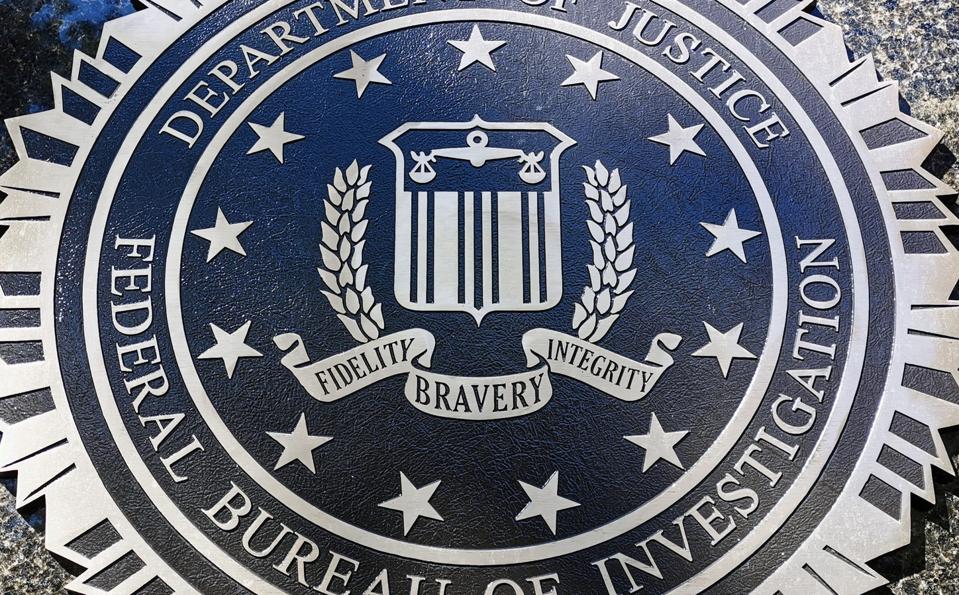These calls are not what they seem.
This is not the FBI. That was the stark warning from the bureau in June, as attacks on smartphone users frightened victims into sending money to avoid arrest, “spoofing FBI phone numbers nationwide and impersonating government agents.”
Less than a month later and those warnings are now being amplified. Both ATF and U.S. Marshals have just issued similar alerts as attackers widen the net. ATF is “working with the FBI, which is actively investigating this scam. The public is urged to exercise caution and avoid sharing personal or financial information with unsolicited callers.”
The U.S. Marshals will “NEVER call you to collect money or resolve a court case,” warning that scammers use “real USMS names” in their attacks. “HANG UP,” it says in its own public alert, “and REPORT to your local FBI office.”
The FBI says callers trick victims “into thinking an arrest is imminent unless they send money,” which does not happen. “The FBI will never call you demanding money to get out of criminal charges. It’s a scam. Hang up and visit the FBI’s ic3.gov to file a report.”
These attacks are not limited to federal agencies, and we have seen a raft of state and local reports warning of the same attacks. The New York State Police has alerted citizens to “an ongoing phone spoofing scam in which scammers impersonate members of law enforcement or government agencies in an attempt to solicit sensitive personal information from individuals across New York State and beyond.”
ATF says the attacks impersonating its own agents instruct victims “to purchase Apple gift cards in amounts of $500 or $1,000 to ‘clear a red flag’ from their accounts. Victims are then asked to provide gift card numbers to the callers.”
In its July 2 public advisory, ATF says citizens should “report suspicious calls to the ATF at 1-888-ATF-TIPS or the FBI’s Internet Crime Complaint Center at www.ic3.gov.” And anyone falling victim should “contact local law enforcement immediately.”
The FBI warns there are many versions of this scam, “and they all exploit intimidation tactics.” Callers use “an urgent and aggressive tone, refusing to speak to or leave a message with anyone other than their targeted victim.” They also warn victims “not to tell anyone else, including family, friends, or financial institutions.”
If you ever receive any such call, hang up and do not engage. If you have any doubts, call local law enforcement immediately and explain what has happened.









